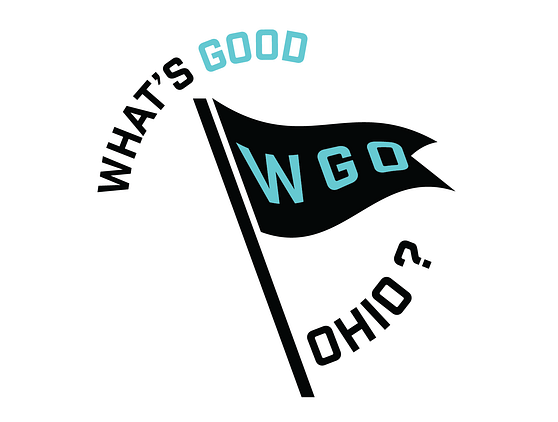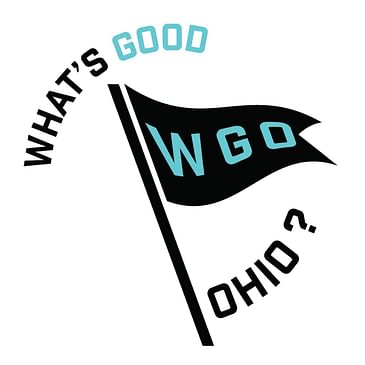To wrap up Season 2, hosts James Hayes and Sarah Rodenberg talk about What’s Good with the Movement in Palestine in this special two-part conversation. In Part 1, we talk with Shereen Naser and Noelle Naser about the organizing they’ve been doing in the Cleveland area.
Shereen is a board member of OPAWL — Building AAPI Feminist Leadership.
Noelle is an organizer with the Palestinian Youth Movement. She was also one of 8 chosen for the USCPR (United States Campaign for Palestinian Rights) Youth Fellowship.
Follow Cleveland Palestine Advocacy Community on Instagram
Read Shereen’s op-ed in The Hill about her cousin Layan, who was taken from her home in the West Bank and is being illegally detained by the Israeli Government.
CNN’s report of an Israeli whistleblower’s details about Palestinians in their detention center.
Read about Cleveland’s ceasefire resolution and Columbus’s ceasefire resolution
Case Western University’s Bill 31-15, also known as the Students for Justice in Palestine Bill
OPAWL members in Cleveland hosted a Community Art Build for Palestine
Shereen quotes Toni Cade Bambara: “The role of the artist is to make the revolution irresistible.”
Read The Hundred Years’ War on Palestine by Rashid Khalidi
Watch Farha on Netflix
Listen to Part 2 about the student protests with Jineen Musa, Laila Shaikh, and Ahmed Amrou.
What’s Good Ohio is a production of Ohio Voice and Policy Matters Ohio. Hosted by James Hayes and Sarah Rodenberg. Produced by Angela Lin, with production support from Ben Stein. Editing and engineering courtesy of Shawn Carter at Breakthrough Sounds Recording Studio in Cleveland, OH.

